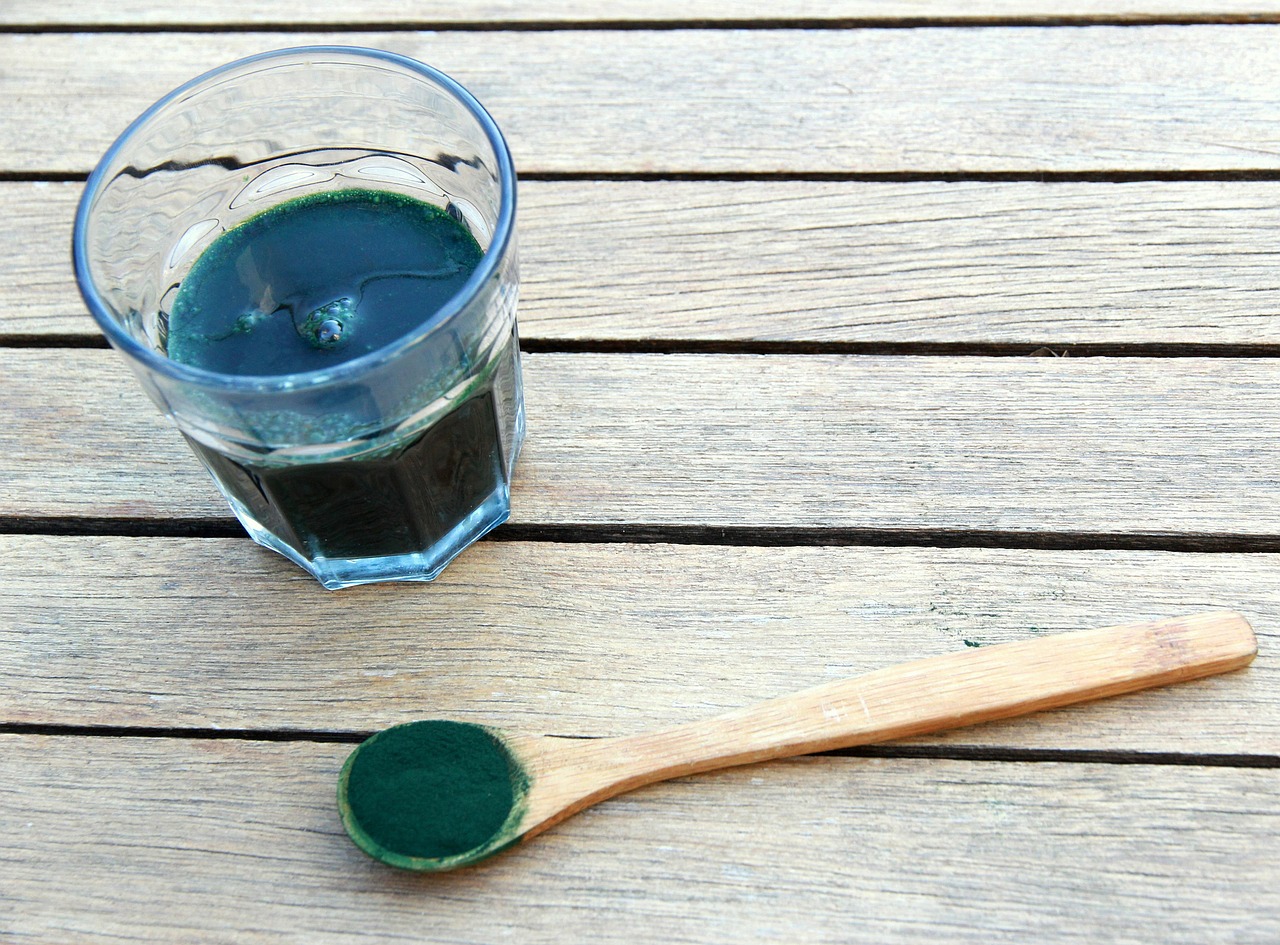Why Natural Brain Drinks Are Trending in Brain Nutrition and Coaching Circles
Brain booster drinks are now being explored by those in cognitive hypnotherapy training and cognitive behavioural coaching programmes. These natural blends may support memory and mental clarity while offering an alternative to synthetic brain nutrition supplements or nootropics.

What are natural brain drinks and how do they work?
Natural brain drinks are beverages formulated with ingredients believed to support cognitive function and brain health. These drinks typically contain a combination of herbs, vitamins, minerals, and other natural compounds that have been associated with improved mental performance. Some common ingredients include adaptogens like ashwagandha and rhodiola, antioxidants such as green tea extract, and amino acids like L-theanine.
The mechanism of action for these drinks varies depending on their specific ingredients. For example, some may help reduce stress and improve focus by modulating neurotransmitters, while others might support brain cell health through their antioxidant properties. The goal is to provide a natural alternative to synthetic nootropics or brain-enhancing supplements.
Why are cognitive coaching fans turning to brain drinks?
Cognitive coaching enthusiasts are increasingly interested in natural brain drinks as a complementary tool to their coaching practices. These beverages offer a convenient and accessible way to potentially enhance cognitive function, which aligns well with the goals of cognitive coaching. Many coaches see these drinks as a way to support their clients’ mental performance and overall brain health in between coaching sessions.
Additionally, the natural aspect of these drinks appeals to those who prefer a holistic approach to brain health. As more people become conscious of what they put into their bodies, the demand for natural alternatives to synthetic brain boosters has grown significantly.
What nootropic ingredients are commonly found in these drinks?
Natural brain drinks often incorporate a variety of nootropic ingredients that have been studied for their potential cognitive benefits. Some popular components include:
-
Lion’s Mane Mushroom: Known for its potential to support nerve growth factor production and cognitive function.
-
Bacopa Monnieri: An herb traditionally used to enhance memory and reduce anxiety.
-
Ginkgo Biloba: Believed to improve blood flow to the brain and support memory.
-
L-Theanine: An amino acid found in tea that may promote relaxation without drowsiness.
-
Panax Ginseng: An adaptogen that may help improve mental clarity and reduce fatigue.
These ingredients are often combined in proprietary blends designed to offer a synergistic effect on brain function.
How is brain nutrition evolving with the rise of natural drinks?
The increasing popularity of natural brain drinks is part of a broader trend in brain nutrition towards more holistic and natural approaches. This shift reflects a growing understanding of the complex relationship between diet, lifestyle, and cognitive health. As research continues to uncover the potential benefits of various natural compounds on brain function, the field of brain nutrition is expanding to incorporate these findings.
Moreover, the rise of natural brain drinks is encouraging more people to think proactively about their cognitive health. Rather than waiting for issues to arise, individuals are seeking ways to maintain and enhance their mental acuity through dietary choices and supplementation. This preventative approach aligns well with current trends in health and wellness that emphasize proactive self-care.
What benefits and limitations should consumers be aware of?
While natural brain drinks offer potential benefits, it’s important for consumers to approach them with realistic expectations. Some potential advantages include:
-
Improved focus and concentration
-
Enhanced mental clarity
-
Reduced mental fatigue
-
Support for overall brain health
However, there are also limitations and considerations to keep in mind:
-
Individual responses may vary significantly
-
Long-term effects are still being studied
-
Quality and potency can differ between brands
-
Natural doesn’t always mean side-effect free
It’s crucial for consumers to consult with healthcare professionals before incorporating these drinks into their routine, especially if they have pre-existing health conditions or are taking medications.
How are these drinks being integrated into cognitive training programs?
Natural brain drinks are increasingly being incorporated into cognitive training and coaching programs as a complementary tool. Some ways they are being integrated include:
-
Pre-session consumption to enhance focus during coaching sessions
-
As part of a holistic brain health plan alongside cognitive exercises
-
In intermittent fasting protocols aimed at promoting neuroplasticity
-
As an alternative to caffeine for sustained mental energy
Cognitive coaches are finding creative ways to leverage these drinks to support their clients’ goals, whether it’s improving memory, enhancing problem-solving skills, or managing stress more effectively.
In conclusion, the trend towards natural brain drinks in brain nutrition and coaching circles reflects a broader shift towards holistic, natural approaches to cognitive health. As research continues to evolve, these beverages may play an increasingly significant role in supporting brain function and overall well-being. However, it’s essential for consumers and practitioners alike to approach these drinks with a balanced perspective, recognizing both their potential benefits and limitations.
This article is for informational purposes only and should not be considered medical advice. Please consult a qualified healthcare professional for personalized guidance and treatment.




